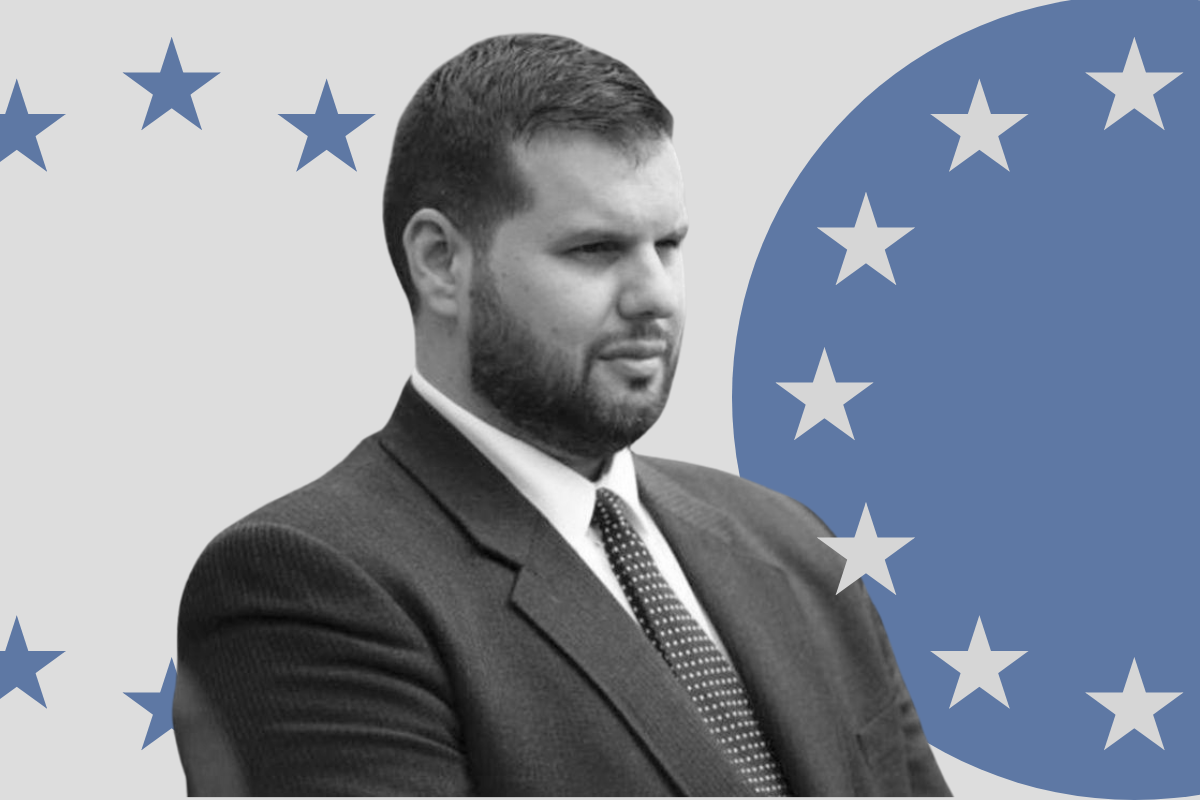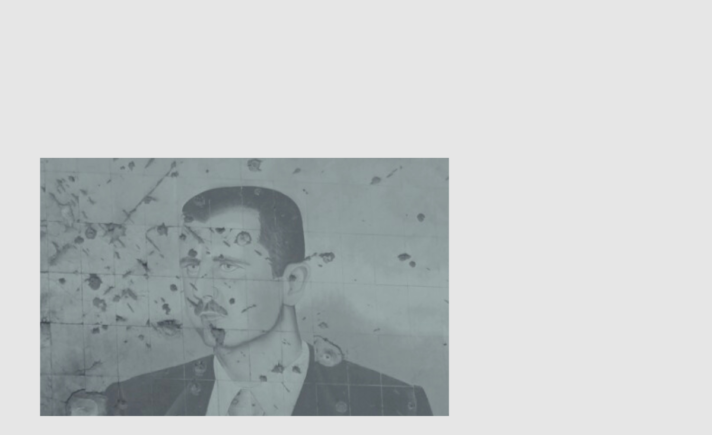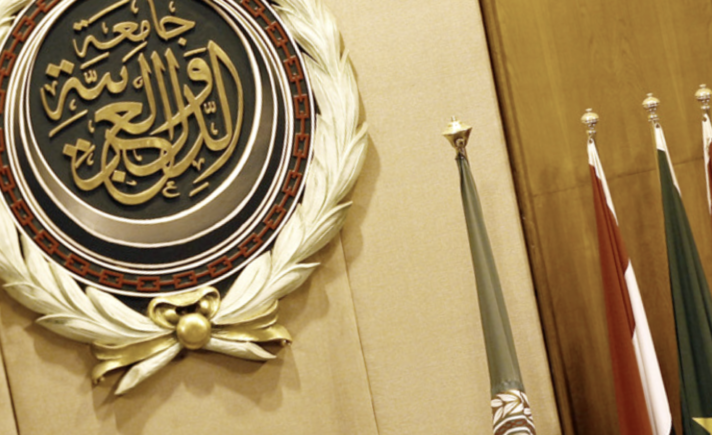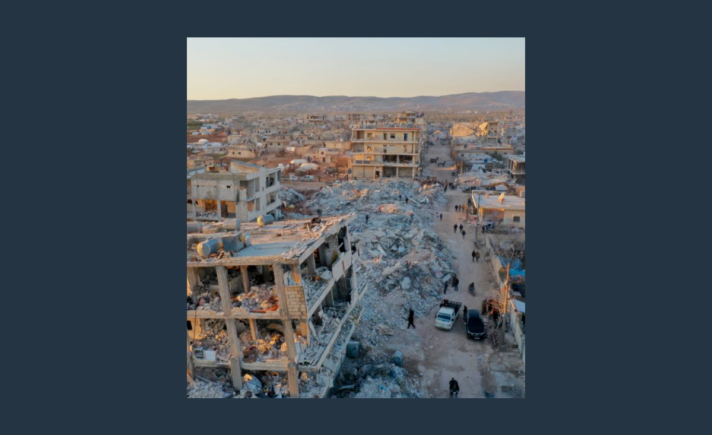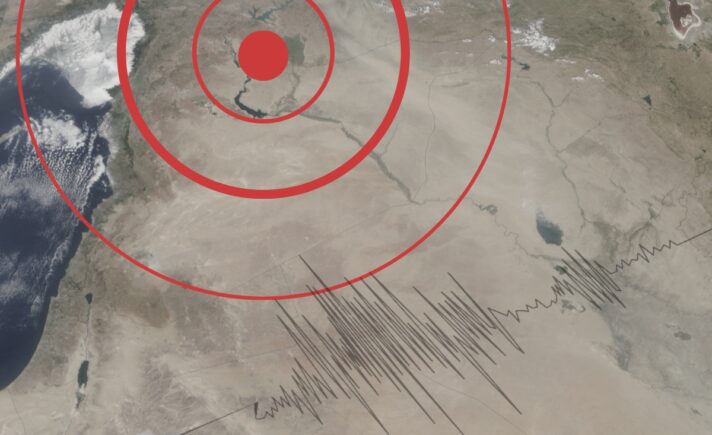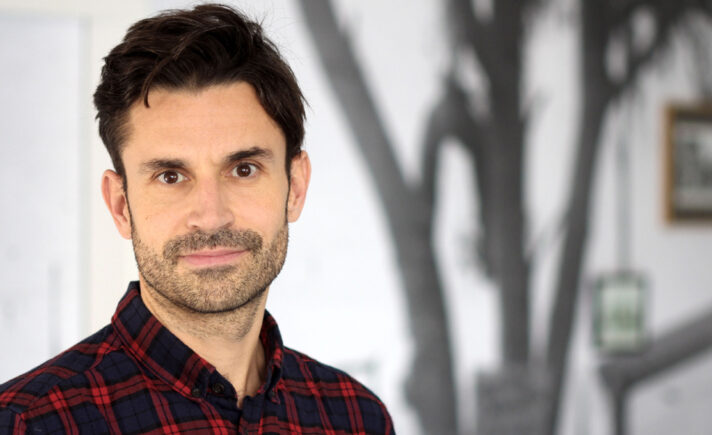1. Let’s start with the latest developments. What is the EU’s position regarding the Arab League’s recent decision to reinstate Syria as a member and end Bashar Al-Assad’s diplomatic isolation? Were you surprised by the move? Do you understand its final goal as the American administration stated?
The European Union takes note of the recent decision by the Arab League to reinstate Syria as a member and end its diplomatic isolation. We understand that the Arab League, composed of independent and sovereign states, makes decisions autonomously.
While we recognize their decision, it is important to reaffirm our stance. The EU maintains that Damascus should make substantive concessions prior to any normalisation of relations. While this reintegration is indeed a symbolically significant step, we concur with the statement of the Secretary General of the Arab League, Ahmed Aboul Gheit, that this step of reintegration should be viewed as the beginning of a long process, rather than a full normalisation. There is still a long way to go, and we
not only call Damascus to fulfil its commitments agreed upon with the Arab states, as enshrined in the Amman Declaration, but also to take credible steps in implementing UNSCR 2254 and engage faithfully with UNSE Pedersen in the same direction through the Step-for-Step approach. Much more needs to be done, such as a more extensive and credible implementation of Amnesty Decree number 7 and many other steps.
The EU continues to advocate for a political solution to the Syrian conflict, one that is led by the United Nations Special Envoy for Syria, while underscoring the importance of justice and accountability. We believe that the Syrian people have suffered greatly, and that those responsible for war crimes and other severe human rights violations must be held to account.
2. The American Congress moved quickly to bar the American government from normalizing relations with the Assad regime. The French foreign minister said that Assad should be put on trial. Do you think such moves and statements help or hinder the efforts for a political solution in Syria?
A fair and sustainable solution to the Syrian conflict hinges upon concessions from the Syrian regime. We also need credible confidence building measures that go beyond mere promises. Without concrete steps in this direction, prospects for normalisation remain inconceivable and unlikely. The recent move by the American Congress to bar the U.S. government from normalising relations with the Syrian regime, as well as the French foreign minister’s assertion that Bashar Al- Assad should face trial, reflect a consensus among many international actors that justice and accountability are critical components of any solution to the conflict.
The European Union stands firm in its support of efforts for justice and accountability. A viable political solution cannot be separated from these key elements. Consequently, the EU strongly endorses initiatives for the monitoring and reporting of human rights violations in Syria, including the collection of evidence to support international justice processes. Moreover, the EU commends the proactive measures taken by its member states in holding Syrian war criminals from all sides accountable. Both Germany and France have been at the forefront of these efforts, prosecuting Syrian war criminals before their courts, underscoring our commitment to justice.
In tandem with these efforts, the EU provides direct support to the families of missing persons and victims of human rights violations in Syria.
3. What are the top priorities for the European Union at the moment in dealing with the Syrian conflict? How do you work to ensure these priorities are addressed? Did your approach shift recently as a result of the earthquake? How?
Since the start of the conflict in 2011, the European Union has remained steadfast in its commitment to support the Syrian people. We are proud to be the biggest donor of humanitarian aid to Syria, having contributed together with our member states over 27 billion euros thus far.
Our support spans various sectors within Syria, encompassing humanitarian aid, education, healthcare enhancement, vocational training, women’s participation in political talks, and support for civil society, amongst other areas. Our efforts are targeted not only at immediate relief, but also at promoting early recovery, resilience and agency in Syrian society.
In parallel with these endeavours, the EU has been unwavering in its advocacy for a political solution to the conflict, in line with UN Security Council Resolution 2254.
In light of the recent earthquake that affected Turkiye and Syria, the EU organised a donors’ conference, which succeeded in securing a total of €911 million as direct grants to assist Syria.
The funding for Syria is aimed at addressing immediate humanitarian needs, but it is also intended to strengthen early recovery and resilience efforts. This aid is managed and distributed by our trusted partners on the ground, including various UN organisations and a broad array of NGOs operating throughout Syria, particularly in regions directly affected by the earthquake. Through such efforts, the EU continues to adapt and respond to evolving circumstances in Syria, reinforcing our commitment to stand with the Syrian people in their time of need.
4. There are no diplomatic relations between the European Union and the Syrian government, but you regularly visit Damascus as far as we understand, and you just returned from there. What is the nature of these visits and under what legal and political framework do they happen? Who do you meet from Syrian officials? Do your talks address political and human rights issues or only humanitarian matters?
Indeed, while the European Union has cut formal diplomatic relations with the Syrian regime since the start of the conflict. As the EU Head of Delegation, I carry out regular visits to Damascus with members of my team.
During these visits, we meet with representatives at the technical level of the Ministry of Foreign Affairs. This typically includes individuals such as the Head of the International Organisations Department and the Head of Protocol.
Our discussions are comprehensive, covering not just humanitarian matters, which require ongoing dialogue to ensure necessary access and support, but also political and human rights issues. They provide an opportunity to convey the EU’s positions and concerns on a wide range of issues. These visits have been going on since the start of the conflict and they are nothing new.
5. Do you meet Syrians who do not serve in any official capacity during your visits? Do you have the ability to visit places and towns other than central Damascus? What strikes you the most in these visits in terms of what you see and hear.
Yes, while on mission in Damascus, the EU Delegation to Syria goes beyond meeting only MOFA officials. In fact, the technical meetings we have at MoFA are a very small part of our engagements in Damascus. We place the highest importance on engaging with members of civil society and with partners implementing projects on the ground, which includes most UN agencies. This broader engagement is critical for gaining a holistic understanding of the situation in Syria, and for ensuring that our efforts are well-targeted and effective.
Last year, we conducted a visit to Aleppo, Hama, and Homs with the UN Resident and Humanitarian Coordinator (RC/HC) for Syria. During the visit, we inspected projects, some of which are funded by the EU, and assessed the overall humanitarian situation. We hope to conduct more of these visits in order to witness the situation on the ground firsthand and assess the needs. What is most striking during these visits is the range and depth of need on multiple levels and across various sectors. Syria has suffered greatly in the past decade, and the extent of the humanitarian, infrastructural, and societal needs is profound.
However, alongside the needs and challenges, another striking aspect is the potential of civil society in Syria. Despite the difficulties, many individuals and groups are working tirelessly to make a positive difference within their communities. Their resilience, commitment, and creativity are a testament to the potential for recovery and a brighter future for Syria.
6. Could you share with our readers the overall process through which you set the agenda for the Brussles conference? To what extent do you consult with Syrian parties in formulating the program?
The Brussels Conference is an opportunity for the international community to reaffirm its support for the Syrian people. The conference serves not only as a platform for discussion and for pledges in support of the Syrian people and refugee-hosting communities, but also as an avenue to amplify the voices of Syrian civil society, their ideas, concerns, and aspirations for the future. Furthermore, it represents an important occasion to renew momentum for a political solution to the conflict.
When it comes to setting the agenda for the Brussels Conference, Syrian civil society plays a key role. In fact, we are delighted to share that through our virtual platform, we have managed to reach out to over 700 activists and organisations, both inside and outside Syria. This substantial engagement has significantly enriched the quality of dialogue and improved our understanding of the hopes and wishes of the Syrian people for the future of their country.
Typically, the conference is structured over two days. One day is dedicated to dialogue between civil society, refugee-hosting countries, the EU, and the UN. This dialogue revolves around specific themes, which are drawn from the consultations that took place with civil society and our partners. The other day is dedicated to the ministerial event, during which recommendations and key messages from the previous day’s dialogue are presented. This day also provides an opportunity for states to announce their pledges. By incorporating feedback and active participation from Syrian civil society, we aim to ensure the conference’s agenda accurately reflects the needs, concerns, and aspirations of the Syrian people.
7. We understand that you support humanitarian and civil society initiatives across the Syrian geography. Do you have the ability to enforce the same monitoring and evaluation mechanisms for programs funded by the EU across the entire country?
The European Union extends its support for assistance across all parts of Syria through our partners, which include UN agencies, international organisations, and NGOs. Our operations are guided by the needs of people, humanitarian principles, accountability to the affected populations, transparency, efficiency, and effectiveness.
The European Commission’s humanitarian aid staff regularly monitor EU-funded humanitarian projects, conducting audits and evaluations to ensure accountability and adherence to the established standards. We remain committed to the highest degree of transparency and effectiveness in all our humanitarian efforts.
The EU Commission is also an active participant in the Regional Dialogue Mechanism, where we engage in discussions regarding the procurement processes of the UN. It’s important to note that the EU’s humanitarian operations are carried out under strict operational parameters which exclude interference from the regime or any other authority. Finally, the EU Commission’s international partners are accountable for the performance of implementing partners and their compliance with humanitarian principles.
8. The European Union has pledged generous support for the Syrian people following the devastating earthquake of February 6. Has the support started reaching its intended beneficiaries? How do you evaluate progress made in this matter both in terms of the EU’s own projects and overall.
As already mentioned, following the devastating earthquake on February 6, the European Union made substantial pledges of support for the Syrian people at the recent International Donors’ Conference.
Out of the total commitment of €7 billion, €6.05 billion has been allocated as grants and loans for Türkiye, while an additional €911 million has been designated as direct grants to assist Syria.
We work in partnership with numerous UN organisations and a variety of NGOs actively operating throughout Syria to manage and distribute this aid, with particular focus on regions directly affected by the earthquake. We have made considerable progress in mobilizing the pledged aid, and we are optimistic that it is reaching its intended beneficiaries. This is part of our commitment to provide swift, effective, and targeted assistance in response to the earthquake and the broader humanitarian situation in Syria.
For more detailed information about the distribution of pledges from Team Europe, third countries, and international organizations, we encourage all interested parties to visit the official Donors’ Conference website.
We remain committed to closely monitoring the implementation and distribution of this support to ensure it is effective in meeting the needs of the Syrian people in this challenging time.
9. Has any progress been made concerning European members of ISIS/ISIL who are still in the prisons of the Syrian Democratic Forces? Will they be repatriated anytime soon?
The issue of ISIS detainees remains a complex matter. In Al-Hasakeh, there are approximately 4,000 suspected ISIS fighters and around 700 minors currently in detention. The EU’s primary concern in dealing with these alleged ISIS detainees is humanitarian in nature. The challenge for our partners to gain access on the ground is concerning, as it hampers the provision of much-needed humanitarian assistance, particularly to young prisoners and those who are ill or injured.
In terms of accountability efforts, the EU has designated ISIS as a terrorist organisation and has adopted the Directive on Combating Terrorism relating to Foreign Terrorist Fighters. This directive is designed to facilitate cross-border cooperation and improve the gathering and admissibility of evidence. Last July, Ilkka Salmi took over the role as Counter-Terrorism Coordinator. He has described the situation in NES as a pressing issue for the EU.
Typically, foreign terrorist fighters are accused of participating in or supporting the activities of a terrorist group. The repatriation of European foreign fighters falls under the competency of individual EU member states. For instance, the Dutch government last year extradited five women, alleged family members of ISIS, and eleven children from Al Roj refugee camp in NES. Moreover, German authorities, exercising the principle of universal jurisdiction, convicted an Iraqi citizen and member of ISIS for genocide and war crimes related to the death of a 5-year-old Yazidi girl he had purchased as a slave in Syria. More EU member states are following the lead.
10. How does the European Union engage with the Syrian opposition at the moment? Is there any form of coordination? Do you continue to consider the National Coalition as a legitimate representative of the Syrian People?
The European Union maintains an active engagement with the Syrian opposition, with regular meetings in Istanbul, Geneva, and Brussels. These interactions allow for the exchange of ideas, discussion on latest developments, and ensure continuous dialogue on the situation in Syria.
Furthermore, the EU continues to recognise the National Coalition as a legitimate representative of the Syrian people. We remain committed to supporting their pursuit of a peaceful and stable Syria, and continue to believe in the importance of representative and inclusive governance. There is no sustainable solution to the Syrian crisis without including all elements of Syrian society inside and outside the country, legitimate representatives of the Syrian people, including the opposition.
11. Finally, you are a Romanian citizen who has lived through the democratic transition of your country. What words of wisdom would you share with Syrian democrats and all Syrians asprising for a new Syria, one that is peaceful, prosperous and free?
As a Romanian citizen who has experienced the transformation of my own country, I can share that the journey towards democracy can be challenging, long and might often seem overwhelming. Yet, I assure you, it is a worthwhile endeavour. One lesson from Romania’s recent history that resonates profoundly is that change is indeed possible, even in the most difficult of circumstances.
I would urge all Syrians aspiring for a peaceful, prosperous, and free Syria to never lose hope. Stay engaged, stay active, and keep striving for the country that you envision.
The European Union stands with the Syrian people in this journey and will continue to support your efforts towards achieving peace and a better future


